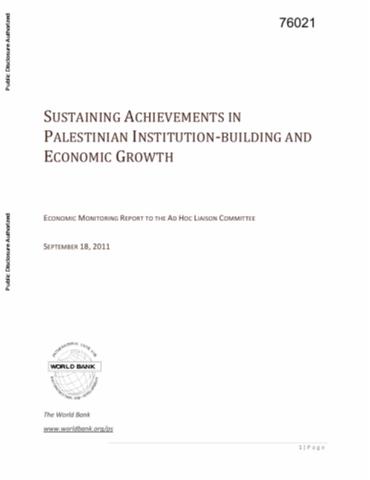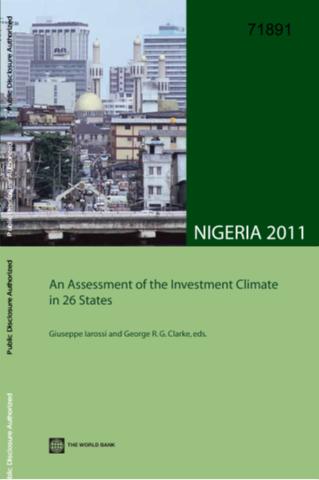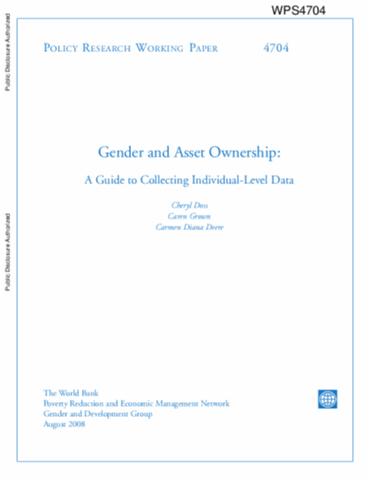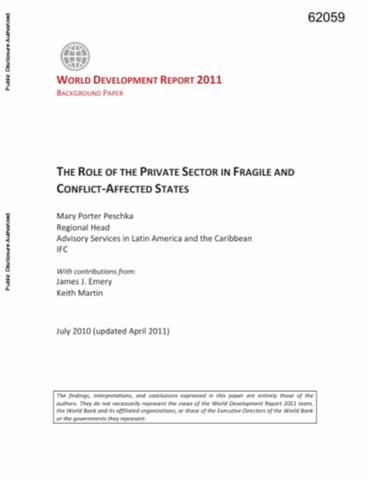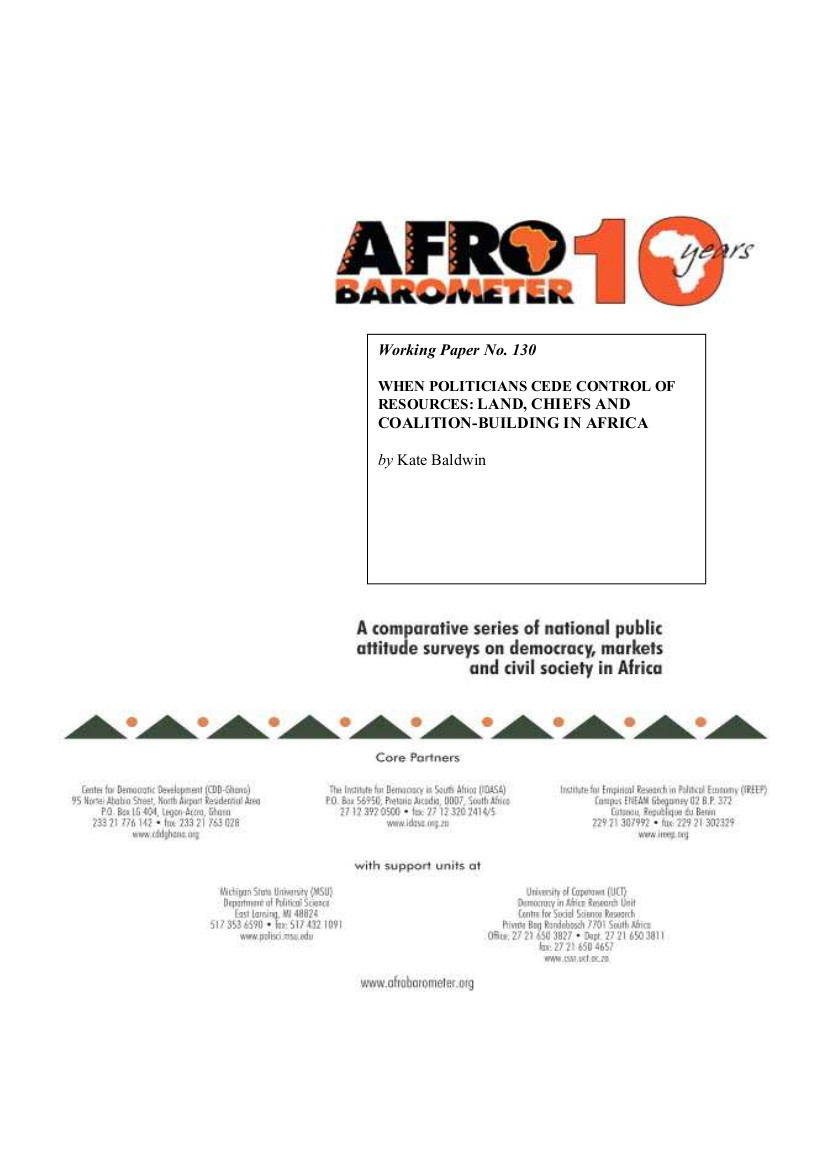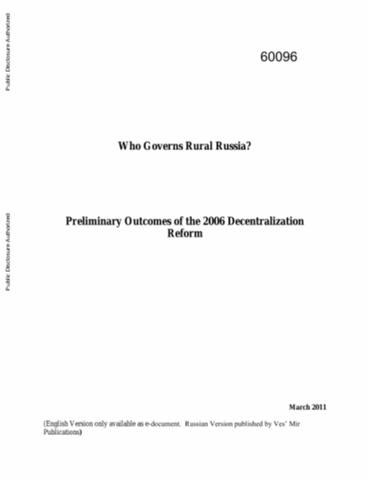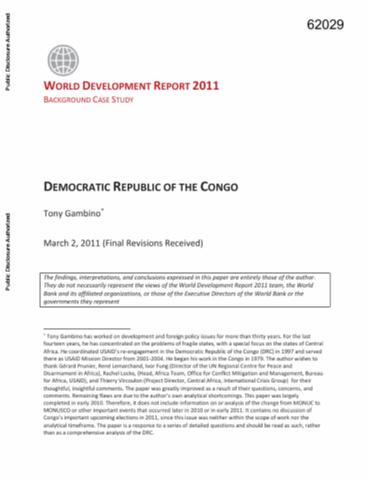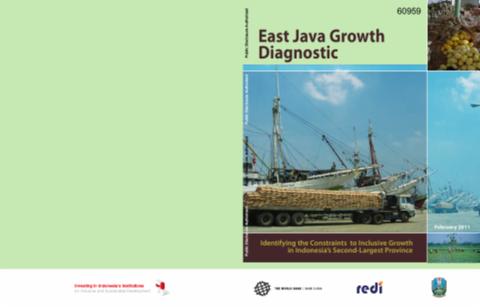WORKING PAPER 04/2011: CORRUPTION IN THE LAND SECTOR
Unprecedented pressures on land and its governance have been created. As evident around the globe, where land governance is deficient, high levels of corruption often flourish. Under such a system, land distribution is unequal, tenure is insecure, and natural resources are poorly managed.



